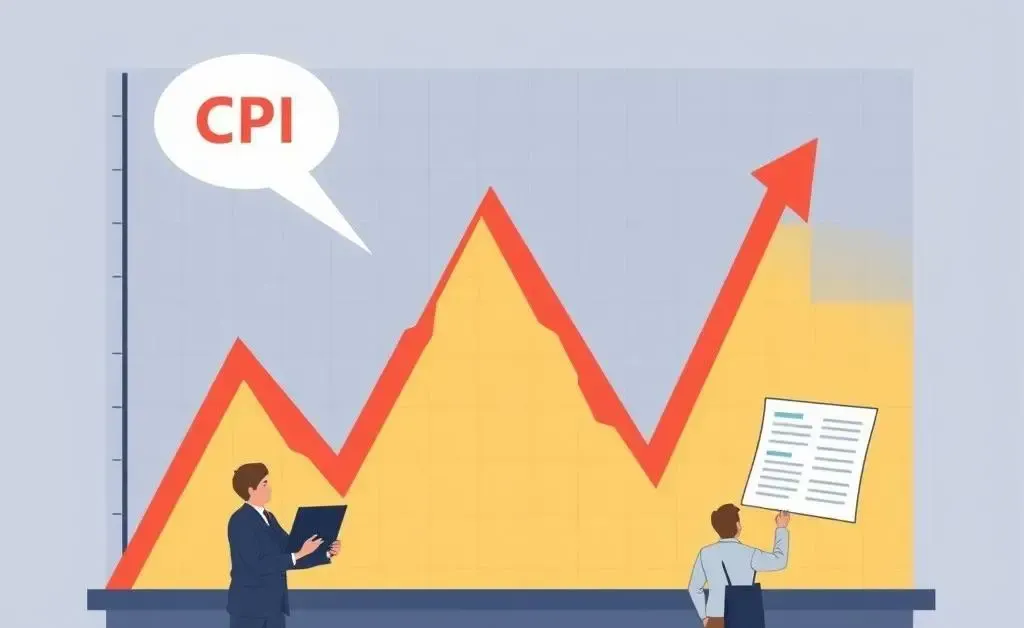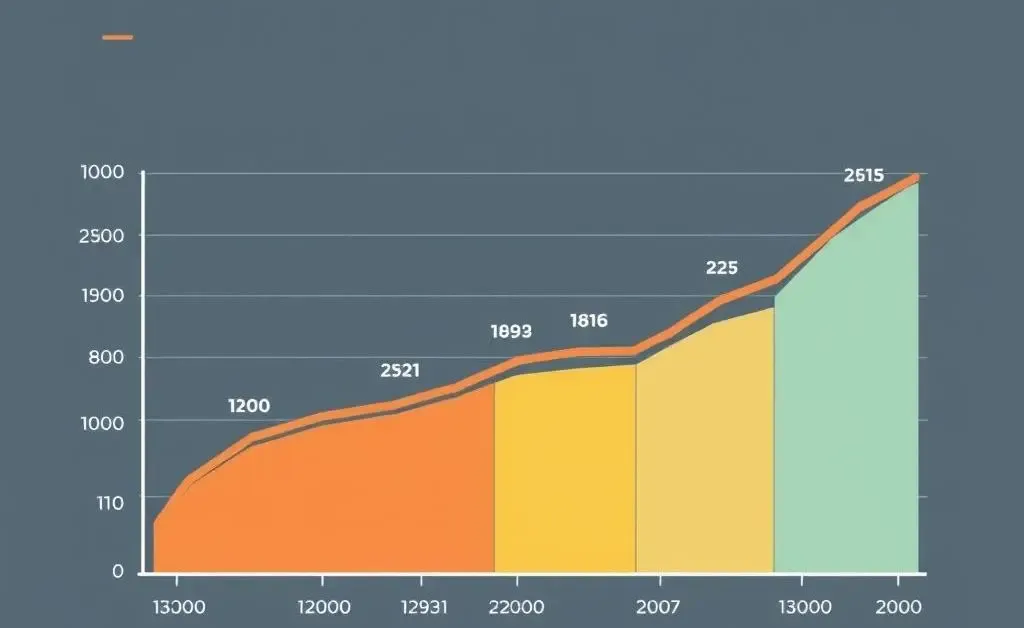Understanding Market Reactions: The Mysteries of CPI Reports
Deciphering how CPI reports impact stock markets. A deep dive into economic indicators and investor sentiments.

Ever noticed how a seemingly predictable CPI report can send the markets into a tizzy? It's like preparing for a sunny day only to be caught in a surprise thunderstorm. Let’s unpack this phenomenon and delve into how economic indicators, such as the Consumer Price Index, influence market behavior.
Why Does the CPI Matter?
The CPI, or Consumer Price Index, is a key economic indicator that measures the average change over time in the prices paid by consumers for goods and services. When the CPI comes out, it's not just numbers appearing on a page. Instead, it carries hefty implications for what's happening in the economy: inflation rates, living costs, and consequently, our own wallets.
Market Expectations vs. Reality
One might think that if the CPI data is 'right on target', investors would breathe a collective sigh of relief. However, even a benign CPI release can trigger unexpected market movements. Why? Consider how investor expectations function. Even if the number aligns perfectly with predictions, the market might have anticipated the causes of that result differently, leading to different reactions.

The Psychological Angle
Stock markets are not just driven by pure logic and numbers. Human emotions and psychology play a huge role. If investors feel nervous about the market's trajectory—even with 'good' data—market reactions might still veer into unexpected territory.
Reading Between the Lines
Experienced investors look beyond the headline number. A seasoned trader knows to look at core inflation, which strips out volatile items like food and energy prices, or to consider Federal Reserve sentiments following the CPI announcement. These insights provide a fuller picture than the CPI alone.

Practical Investing: Managing Market Surprises
Here are some tips to handle the head-scratching market twists post-CPI reports:
- Stay Updated: Keep abreast of major economic releases and their forecasted impact.
- Diversify: Spread investments across sectors to buffer against unexpected shifts.
- Analyze Deeply: Understand the underlying factors moving the indices, not just the figures themselves.

Ultimately, while we can't predict every market move, we can anticipate and plan for key economic indicators like the CPI, allowing us to manage surprises with a steady hand. How do you react when markets behave unpredictably?




